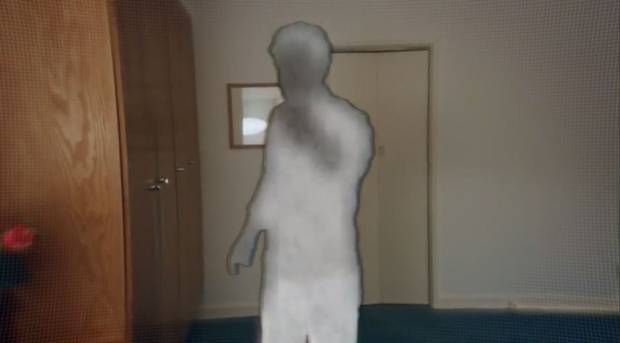Once upon a time, I believed that my pessimism of technology’s effect on human meaning and socialization was a product of my age. I may be a millennial, but like most 20th century millennials, I grew up with, not absorbed by, the internet. Technology and the internet gradually became a larger part of my life, and so I still retain the nostalgia of a pre-technology social world; unlike the 21st century generation of the Global North, I remember a world without cellphones and quick connections, and a world where we had to use our imagination to play instead of join arms in some virtual environment. This nostalgia made me skeptical of the internet’s benefits to our social life, but all-too-familiar with inter-generational bias, I resolved that my skepticism was simply because I was out-of-touch. Instead, I assumed that technology and the internet was benefiting the new generation in ways I couldn’t understand, since I wasn’t raised in technology to the same degree they were.
Take Facebook. The social networking site is constantly charged with breaking down social traditions. Critics claim something is lost when we interact through IM instead of face-to-face, and the time we spend on it instead of outside reduces human meaning. The image is that we are a slave to Facebook’s, and the wider internet’s, demands to stay inside and live a virtual life. China has even deemed internet addiction a legitimate mental disease, and South Park ran an episode satirizing the controversy. As for myself, I gave techno-socialization the benefit of the doubt. I assumed that virtual communication can have just as much meaning as face-to-face conversations, in which we would form subtle cues to express complex human emotions. For example, any veteran of IM-ing knows that “hey,” “hey!,” and “heyyy” have different, albeit undefinable, connotations. As for our obsession to stay online or play videogames instead of roam outside, I assumed a subjective bias. Let’s say the previous generation values an online-outdoors split at 20-80, my generation values it at 50-50, and the new generation values it at 70-30; ultimately, I couldn’t justify one proportion over the other without making baseless assumptions. And so, I assumed technology and the internet only had positive consequences that newer generations understood better than I did.
However, after watching the TV series Black Mirror (on Netflix. Go watch it now!), I reexamined my skepticism. In the most compelling episode [SPOILER], “White Christmas,” a near-future world has humans implanted with an augmented reality. For example, we can take pictures with our eyes and access the internet with our minds; think Google Glass in our brains. However, there was a frustrating consequence – people could also be “blocked” technologically, in which you only see an inaudible silhouette of the person who blocked you. In one scene, a woman blocks her spouse after a small fight, and no matter how much the spouse asks for forgiveness, the woman is unable to hear him. In a more drastic scene, a man accused of obstructing justice is, as part of a plea bargain, not prosecuted but “blocked” from all of society (a graver punishment, no doubt). It is incommunicable, but this type of world seems hardly desirable. We are inherently social creatures, and so the ability to block people forever, with no outlet to redeem ourselves, seems contrary to our nature. And although this technology can be used selectively, the mere possibility of it seems to degrade the meaning of our social world. It creates a limit to our passions, since we will always be “walking on eggshells” as we fear the dreaded block. This may protect some, but it harms humanity’s interconnectivity as a whole. It would be similar to the invention of guns or nuclear weapons – theoretically beneficial, but ethically ambiguous. Take nuclear weapons, for example. Although we have yet to destroy ourselves, the possibility that we could makes humanity its own existential threat; perhaps the world is safer, as certain deterrence theorists would tell you, but a peace based on self-annihilation seems hardly meaningful to many.
To fully understand the intersection of technology and society, we cannot ignore our nature. Our nature, although uncertain, contains the roots to our happiness and fulfillment. And it would be absurd to assume a blank slate, in which human nature is malleable to all situations. After all, biological realities exist. We live in an odd intermediary stage, in which technology has outpaced our transcendence of our primitive nature. As adaptive as we are, we still have roots to traditional socialization and the wild. Ignoring survival threats, it is where we are generally most comfortable, even if it may not seem so in our pursuit of gratification and convenience. My argument is that we should keep this in mind as we integrate technology into society, not that we should eliminate technology. In particular, we shouldn’t misconstrue the preference for, convenience of, and security of technology as representative of human meaning.
Certainly, we will one day evolve to appreciate technology more (most likely in a cultural-evolutionary sense), but that doesn’t seem to be the case yet. By this I mean, humanity is not inherently incompatible with advanced technology, but perhaps its current manifestation is. Perhaps technology causes us to lose something indescribable, but important, that a future “singularity-age” humanity can regain.
